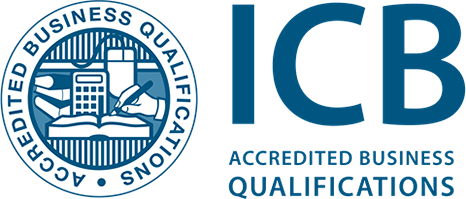Please Note: This the ICB Fees 2020, and the fees have since changed. Visit ICB 2021 Fees for the updated version.
Registering for an ICB course, and you need to make sure you understand all the different costs? This short guide will simplify the payment process and fee structure. The ICB Registration 2020 fees includes:
- Yearly ICB Student Registration fee – paid to the ICB
- Course fees – paid to your College
- Exam fee per subject – Paid to the ICB
- ICBA Student Membership fees – paid to the ICBA
ICB Fees for 2020
For students who are attending classes, the school you go to will pay on your behalf. If you’re a distance learner, you pay directly to the ICB. You will pay a once off registration fee of R360.00 and an assessment fee of R675 for your PoE (Portfolio of Evidence). If you have already written and aren’t happy with your results, you can apply for a re-mark. This will cost you R950.00. Remember, you can only apply for a re-mark a month after the results have been released. For more details or a breakdown of all the fee structures, click here.
When Do You Need to Pay Your ICB Fees for 2020?
The annual student registration fee is payable at the time you enter for the first exam of a calendar year. Distance learners can register online to proceed with the academic year. Once you’ve sent your proof of fee payment, you will receive your PoE and be entered for exams.
Payment methods
You can pay your ICB registration fees 2020 via:
- EFT
- Credit card
- Snapscan
What else do I need to know?
Here are some important facts to remember about your ICB registration fees 2020:
- All fees are non-refundable
- Fees are quoted in South African Rands and may change without prior notice
- Fees listed include 15% VAT for South Africa and bank charges for payments from other countries
- Make sure you use your ICB reference number or SA ID number as your payment reference
- If you a foreign student then you will need to contact the ICB for your reference number call: +27 21 659 1300
- If it is your first time paying the ICB please contact them to get your reference number call:+27 21 659 1300
- The ICB does not accept cash payments, if you have to do a cash payment then you will need to deposit cash at an FNB bank and send the proof of payment to them.
Are You Ready to Register for an ICB Course With Skills Academy? Contact us Now!
Don’t hesitate to contact Skills Academy to enrol! Contact us via one of the following options:
- Complete our online registration form
- Call us on our toll-free number at 0800 39 0027
